World Breastfeeding Week is an annual global campaign that aims to raise awareness and highlight the importance of breastfeeding for both the mother and child. Celebrated from August 1st to August 7th every year, this initiative brings together individuals, organizations, and governments to promote and support breastfeeding as a fundamental aspect of sustainable development. In this blog post, we will delve into the significance of World Breastfeeding Week, exploring its themes, objectives, and the myriad benefits that breastfeeding provides for the health and well-being of both infants and their mothers.
Each year, World Breastfeeding Week adopts a specific theme to focus on a particular aspect of breastfeeding. These themes serve as a guide to shed light on various issues and encourage informed discussions. Some recent themes have included “Breastfeeding: Foundation for Life” and “Empower Parents, Enable Breastfeeding.” These themes seek to emphasize the significance of breastfeeding in ensuring a healthy future for children and empowering parents to make informed choices regarding infant nutrition. The objectives of World Breastfeeding Week include promoting breastfeeding as a natural and nurturing process, advocating for supportive policies, and increasing public awareness regarding the importance of breastfeeding.
Breast milk is often referred to as “liquid gold” due to its numerous health benefits for infants. It provides the ideal blend of essential nutrients, antibodies, and enzymes, tailored specifically to meet the nutritional needs of a growing baby. Breastfeeding offers protection against various infections, reducing the risk of respiratory and gastrointestinal illnesses, as well as certain chronic conditions such as asthma, obesity, and diabetes later in life. It also fosters optimal brain development, contributing to improved cognitive function and intelligence. Moreover, breastfeeding establishes a strong emotional bond between the mother and child, enhancing their emotional well-being and nurturing their overall development.
Breastfeeding not only benefits infants but also has numerous advantages for mothers. It helps in postpartum recovery by promoting the contraction of the uterus and reducing the risk of excessive bleeding. Breastfeeding mothers have a lower incidence of breast and ovarian cancers, as well as a decreased risk of developing type 2 diabetes and cardiovascular diseases later in life. It also aids in weight loss, as breastfeeding burns extra calories. Furthermore, the act of breastfeeding releases hormones like oxytocin, which promotes relaxation and bonding, reducing maternal stress and postpartum depression. Breastfeeding is not only beneficial for the mother’s physical health but also provides a sense of empowerment and accomplishment, enhancing self-confidence and emotional well-being.
Creating a supportive environment for breastfeeding is crucial in ensuring successful breastfeeding practices. Society plays a pivotal role by promoting positive attitudes towards breastfeeding, fostering a cultural acceptance of breastfeeding in public spaces, and providing spaces for mothers to breastfeed comfortably when away from home. Employers can contribute by implementing supportive workplace policies, such as providing adequate breaks and designated areas for breastfeeding or expressing milk. Governments play a crucial role in enacting legislation that protects and promotes breastfeeding, including maternity leave policies, access to lactation support services, and regulations regarding the marketing of infant formula.
World Breastfeeding Week serves as a global platform to raise awareness, advocate for supportive policies, and celebrate the invaluable benefits of breastfeeding for infants, mothers, and society as a whole. By recognizing and supporting breastfeeding as a natural and essential aspect of human development, we can contribute to healthier generations and a more nurturing world.
-Monica, Healthy Families Home Visiting program Family Support Worker




